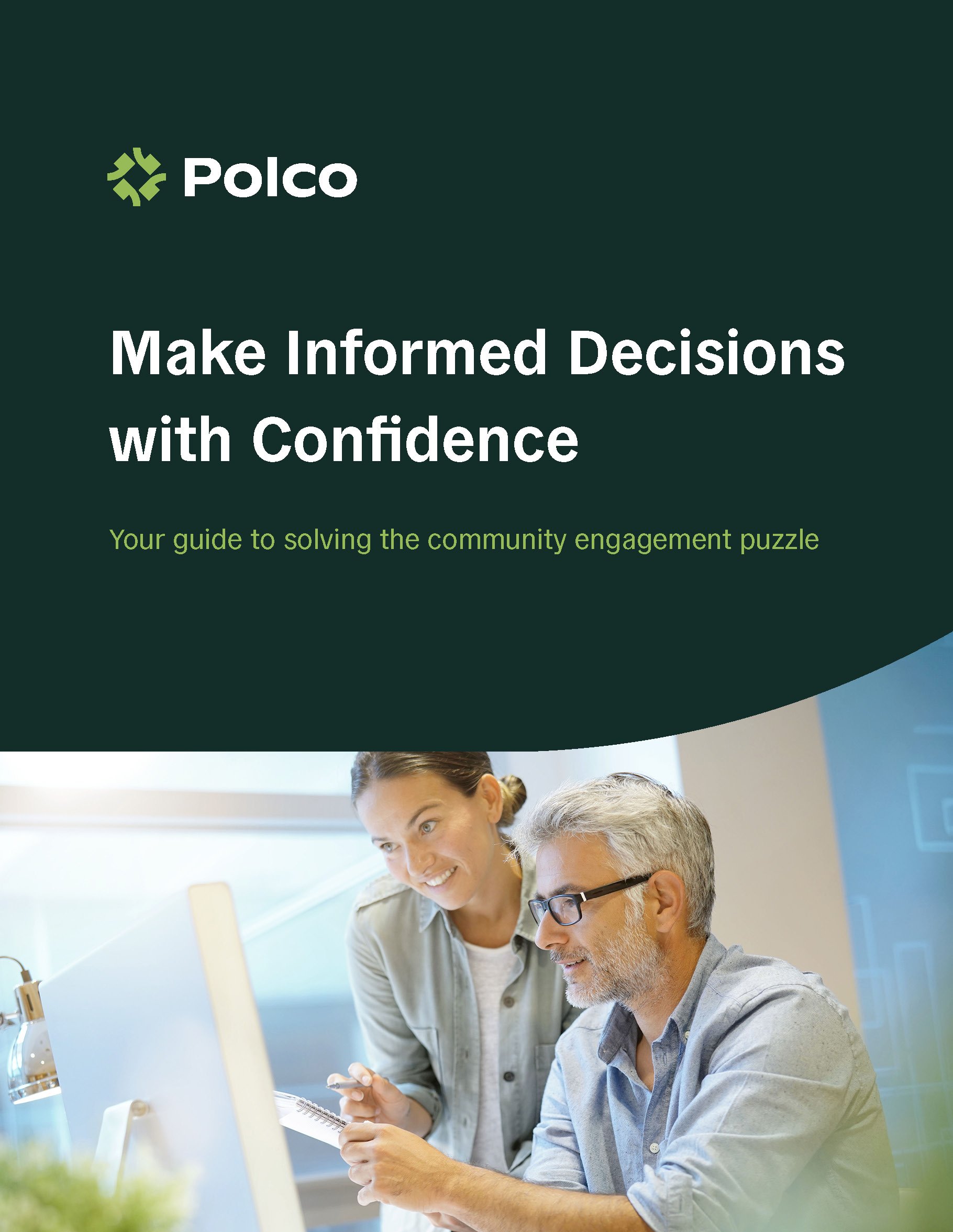From NRC President Tom Miller:
The author, Roger Schwartz, makes great sense by encouraging meaningful, honest and frequent conversations among staff members and between staff and their supervisors. What I think is misguided is his conclusion that anonymous surveys undermine those important interactions. Broad agency information and individual performance information cannot be complete without giving employees an opportunity to offer their candid responses without attribution. To conclude that there is a communication problem because answers on an anonymous survey might be different than answers given in person or with attribution ignores human nature. A company need not know WHO has issues to learn from widespread low ratings on communication, benefits or adequate work tools, as examples. Once problems are identified all can be engaged to think about solutions.
http://blogs.hbr.org/cs/2013/06/confidential_surveys_undermine.html?utm_source=feedburner&utm_medium=feed&utm_campaign=Feed%3A+harvardbusiness+%28HBR.org%29

